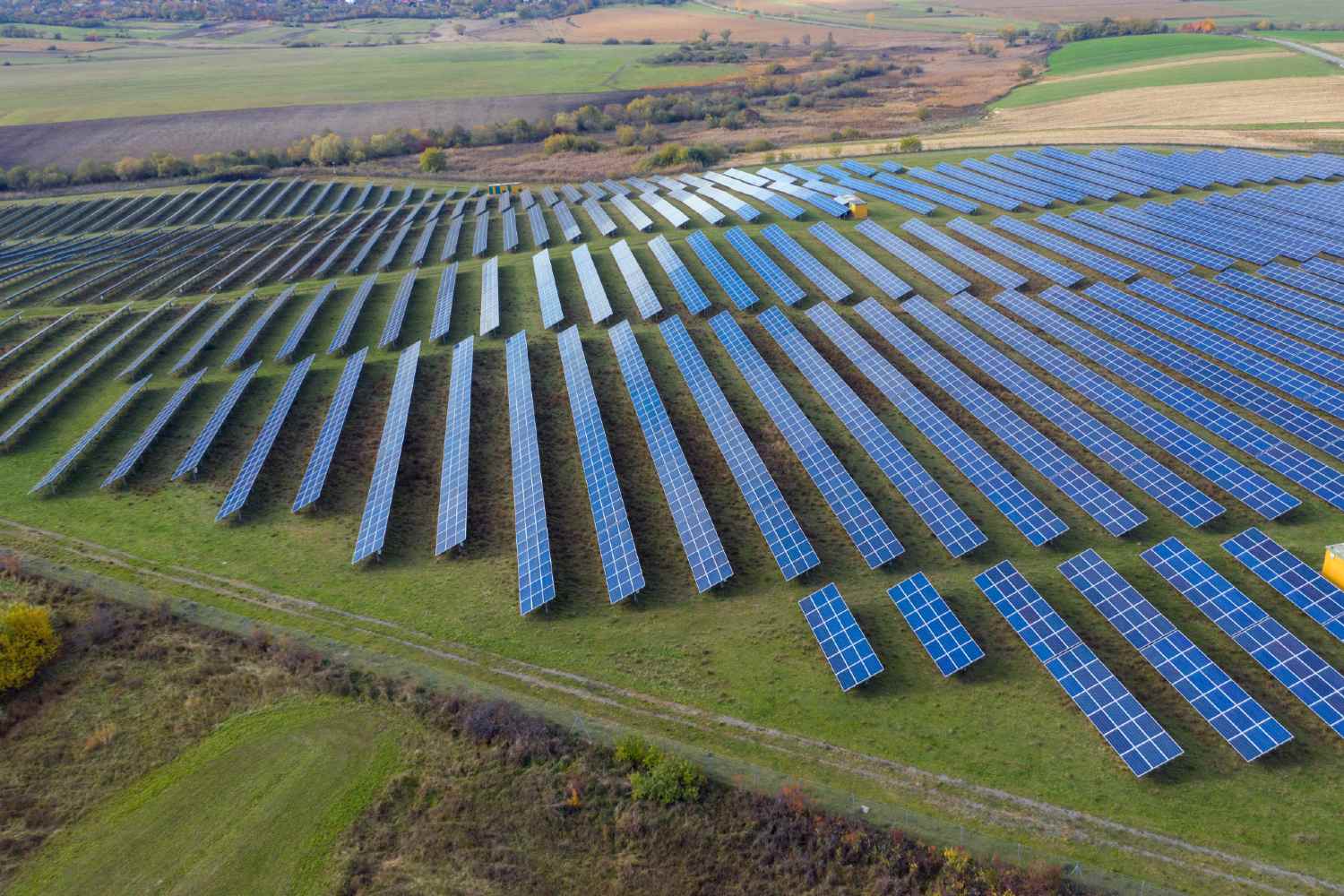Generation

Togo launched Solar project to increase rural energy access

The pilot phase was inaugurated on 26 August, in six villages of Haho prefecture, about 90 kilometres north of Lomé, the capital city.
The project is led by Electriciens sans frontières (ESF) in partnership with the Ministry of Renewable Energies and financed by the French Development Agency (AFD).
Multi-faceted solar set-up
Each Café Lumière takes the form of a multi-service energy hub: a local shop equipped with solar panels, battery storage and, in some cases, a backup diesel generator.
The platforms provide lighting, phone charging and refrigeration services, while also powering mini-grids for households, schools, health centres, public lighting and workshops.
The Togo First: Invest in Togo publication reports that in Haho 1 commune, installations have been set up in the villages of Guèdèglèlè, Agoto and Hounon Copé, where electricity is directed towards households and micro-enterprises.
In Haho 2 and 3 communes, facilities in Agbédougbé, Somoné Copé and Aboudikpé will mainly serve schools, community infrastructure and shared services.
“Café-Lumière is an innovative, autonomous and sustainable model, complementary to traditional electrification plans, with the ambition to improve living conditions and support economic development in rural communities,” said Sérena Barès, ESF programme coordinator.
The World Bank estimates that around 53% of Togo’s population had access to electricity in 2022, with a significant rural-urban divide.
While nearly 90% of urban households are connected, only about a third of rural communities have reliable power. Expanding off-grid and mini-grid solutions has become central to government strategy.
The Café Lumière model was first tested in Madagascar and later in Benin.
Village in Togo thriving off the back of solar project
Meanwhile, a solar project in the Yoto prefecture of Togo has transformed the lives of the people in the rural area it serves. It now:
- supplies electricity to homes and the local health centre,
- provides public lighting, and
- powers vital agro-processing and charging services.
The 30kWp multi-functional solar platform was funded by more than 105 million CFA francs (around $187,000).
The system, delivered under the World Bank’s West Africa Coastal Areas Resilience Investment Project (WACA ResIP) with support from the Ministry of Environment, supplies electricity to homes, public lighting and the local health centre, while powering vital agro-processing and charging services.
The mini-power plant comprises 50 solar PV panels and lithium-ion batteries.
It supports corn grinding, rice hulling, cassava grating and phone charging – halving corn grinding costs and freeing up household income, said Adou Rahim Alimi Assimiou, WACA project coordinator in Togo.
Solar project drives socio-economic uptick
Beyond energy access, WACA funding has catalysed income-generating initiatives-small ruminant farming, agriculture and beekeeping.
“This project has changed the face of the village,” said Togbé Lawè Xosé, a community representative.
Environmental restoration has also featured prominently: 12 hectares of degraded land at the sacred Godjé-Godjin forest have been reforested.
There, beehives now produce honey and women-led vegetable cultivation reduces pressure on natural resources.
The project’s sustainability is underpinned by local ownership through a community committee, supported by the National Agency for Grassroots Development (ANADEB), that handles management and maintenance.












